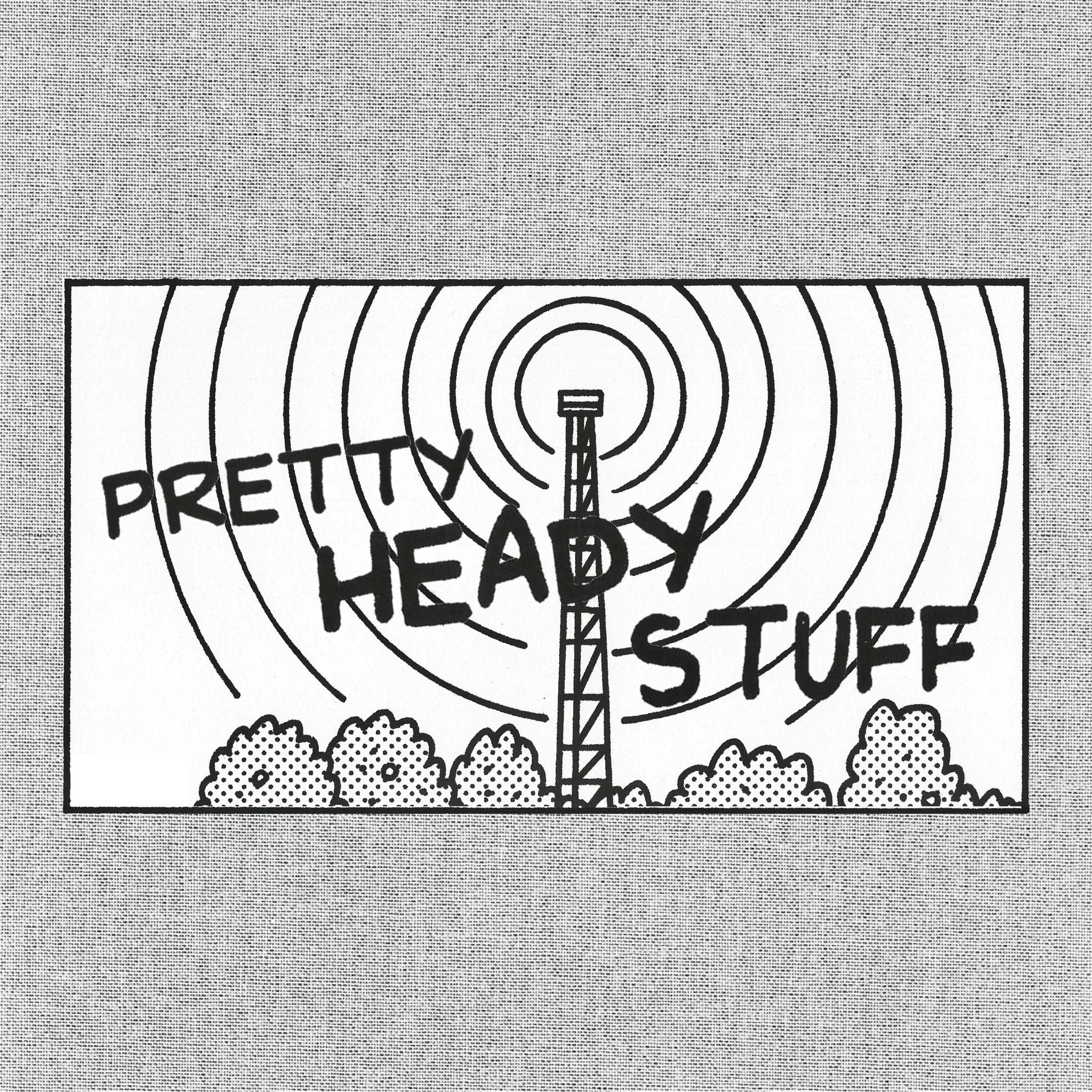- After-Shows
- Alternative
- Animals
- Animation
- Arts
- Astronomy
- Automotive
- Aviation
- Baseball
- Basketball
- Beauty
- Books
- Buddhism
- Business
- Careers
- Chemistry
- Christianity
- Climate
- Comedy
- Commentary
- Courses
- Crafts
- Cricket
- Cryptocurrency
- Culture
- Daily
- Design
- Documentary
- Drama
- Earth
- Education
- Entertainment
- Entrepreneurship
- Family
- Fantasy
- Fashion
- Fiction
- Film
- Fitness
- Food
- Football
- Games
- Garden
- Golf
- Government
- Health
- Hinduism
- History
- Hobbies
- Hockey
- Home
- How-To
- Improv
- Interviews
- Investing
- Islam
- Journals
- Judaism
- Kids
- Language
- Learning
- Leisure
- Life
- Management
- Manga
- Marketing
- Mathematics
- Medicine
- Mental
- Music
- Natural
- Nature
- News
- Non-Profit
- Nutrition
- Parenting
- Performing
- Personal
- Pets
- Philosophy
- Physics
- Places
- Politics
- Relationships
- Religion
- Reviews
- Role-Playing
- Rugby
- Running
- Science
- Self-Improvement
- Sexuality
- Soccer
- Social
- Society
- Spirituality
- Sports
- Stand-Up
- Stories
- Swimming
- TV
- Tabletop
- Technology
- Tennis
- Travel
- True Crime
- Episode-Games
- Visual
- Volleyball
- Weather
- Wilderness
- Wrestling
- Other
Marcus Boon amplifies the spiritual, mathematical and political aspects of music
Marcus Boon is Professor of English at York University, Toronto. He is the author of The Road of Excess: A History of Writers on Drugs, In Praise of Copying and The Politics of Vibration: Music as a Cosmopolitical Practice, which was just recently released from Duke University Press. I was really excited to speak with him about The Politics of Vibration because it’s a terrific, dense, complex book. There are so many ways to approach thinking about the beauty, power and moving qualities of music and vibration. Maybe because glory has connotations of the divine, we’ll start there. Boon doesn’t avoid the spiritual aspects of music in his book. He reinforces this sense of the ineffable in sound and vibration. But what does this mean? He relates it to the way that, when he has conversations about what music is with colleagues and friends, they’ll sometimes claim that he isn’t “playing fair.” Meaning that he catches them off-guard with ontological questions about something that they experience on an emotional level, at the level of uncomplicated pleasure. They’re aware that they don’t exactly have a language for what they’re experiencing, but aren’t ready to concede that this means what they’re experiencing is something spiritual, and maybe—I can only speculate here—because spirituality feels too immaterial to fit in our obsessively material and materialistic age. In the same way, though, that Boon was exploring the conflicts between the material and supernatural or spiritual in psychedelic drug use with The Road of Excess, in The Politics of Vibration he’s invested in working against what he calls a “desacralized music aesthetics” and toward a framework that includes the rather enticing notion that music is made when we make “decisions about how to play with waves,” how to “craft” spaces of feeling through waveforms. If we adopt this sort of expansive framework, Marcus is saying that we move rather quickly into a world where music is actually asking “ontological questions” of us. And he explains how non-European cultures of music have an intuition and a technical expertise in this: that the pursuit of “target states” through music is not a foreign concept in many cultures. The idea of tapping into the “vibration of the land” in many Indigenous musical pathways is a vital practice, for example, in a settler colonial context where finding meaning and belonging in spite of alienation and disconnection is an urgent matter. Beyond that, it’s clear to Boon that many people integrate music in their lives as a tool to resist what he terms the dominant “time regime” of neoliberal global capitalism, in which we’re in many ways compelled to sacrifice the tempo, rhythm and temporality of our lives to a regime that imposes profit-driven structures from outside. So the way Boon approaches the question of music is both philosophical and political, but it’s also very personal. He talks about how music “holds you up,” it allows you to find courage in hard times, bathes you in a kind of lightness and supportiveness. Music can be restorative for us as individuals, and motivating for us in collectives. Some music “impinges” on you, he points out. And some scenes of music (in particular, house music, hip hop, punk, some experimental music) impinges on us a little bit more powerfully because the people embedded in it feel it in a less fearful way, in a way that more openly embraces all the ways that sound can shape us, alter our consciousness and transport us somewhere different. He gravitates to those scenes where folks are less fearful of the embodied effects of music and the “possibilities of sound.”

